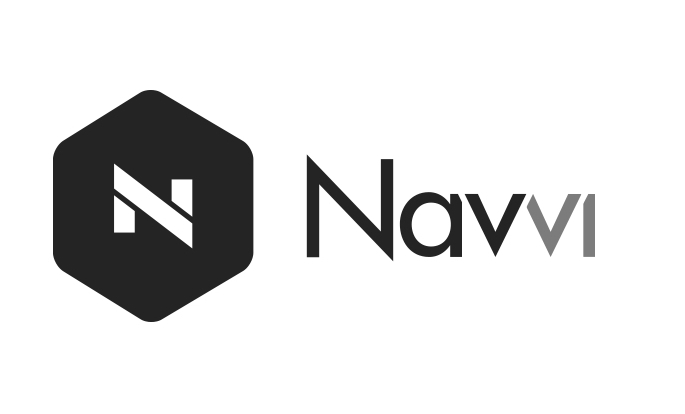A free information service that seeks to counteract malicious misinformation which has been the trigger for recent outbreaks of violence in the region.
The Una Hakika initiative, supported by iHub and launched by the Sentinel Project, is a free information telecommunication service which seeks to counter misinformation that has contributed to recent outbreaks of violence in the Tana Delta region of Kenya. This region is prone to inter-communal violence and has recently seen a number of massacres due to the spreading of political rumors and misinformation. Often news does not reach this area until 3 days after an event has occurred and verifying information is close to impossible. The initiative was started by the Sentinel Project in hopes of defusing this rapid spread of misinformation and replacing it with unbiased and accurate information in a timely manner. Prior to Una Hakika, residents would quickly act on rumors but now they wait for and seek out accurate information before acting.
The importance of the transmission of accurate information is vital for this conflict ridden region. In an interview with Project Coordinator Christina Mutisya, she states: “Sometimes the media does not portray what exactly is on the ground. So when you come to ground and talk to the people you understand the real issues and you find that they are very complicated and interlinked.” In fact, Una Hakika has been so effective that Mutisya claims, “There have even been several instances in which Una Hakika was the first to receive reports of violence even before local authorities and security forces did.”
By reducing the prevalence of violence there is hope that NGOs and potential investors will be attracted to the area and thus development and other projects will be established.
So far, it is reported that 1 in 50 adult mobile phone owners use the service in the region, thus leaving much room for expansion and improvement. All in all, “Una Hakika has made a notable and potentially long lasting difference in the region by reducing tension through the transformation of how information is used, transmitted and received.”





